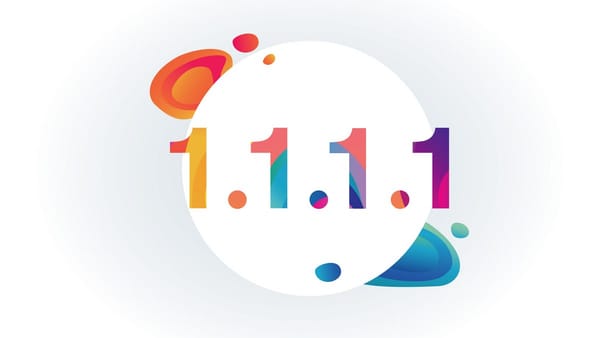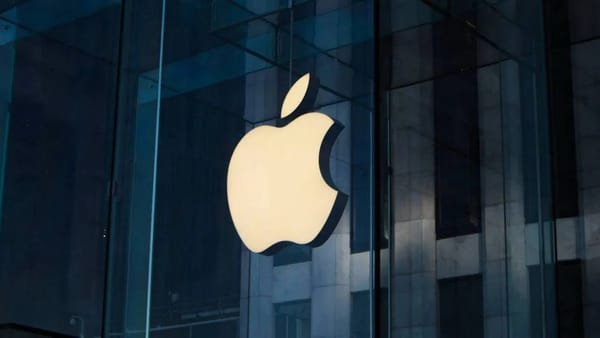Brave Software Developers Announce Default Block on Windows Recall to Protect User Privacy

Brave Software has announced that its browser now blocks Microsoft’s Windows Recall feature by default—preventing the operating system from capturing screenshots of Brave windows and reinforcing its core mission of user privacy.
What Is Windows Recall?
First introduced by Microsoft in May 2024, Recall is an AI-powered feature designed to help users search and retrieve anything they’ve previously viewed on their computer. To accomplish this, Recall takes periodic screenshots of every active window, storing a visual history of user activity—from web browsing and messaging to document editing and application use.
Backlash and Criticism
Recall was immediately met with criticism from cybersecurity experts and privacy advocates. Many likened it to a keylogger, warning that it could expose users to serious data breaches. Demonstrations showed how sensitive data—such as passwords, health records, or legal communications—could be silently stored and later extracted.
In response to the backlash, Microsoft delayed the feature’s launch and pledged to enhance its security posture. Among the promised changes: making Recall opt-in, encrypting its database, and requiring biometric authentication via Windows Hello to access stored data.
Recall’s Troubled Return
Despite these assurances, Microsoft reintroduced Recall to Windows Insiders in December 2024. Yet it quickly faced renewed scrutiny. Independent researchers found that Recall continued to store sensitive information, including credit card numbers and Social Security details—even when users had disabled tracking for such content.
By spring 2025, Recall was quietly rolled out more broadly—first through the Windows 11 KB5055627 update on Copilot+ PCs, and then to general users with the May 2025 update.
Brave’s Proactive Privacy Move
In response, Brave’s developers acted decisively. A new privacy enhancement now blocks Recall from capturing anything rendered in Brave browser tabs.
“Given Brave’s focus on default privacy protections—and what’s at stake (your entire browsing history)—we’ve proactively disabled Recall for all Brave tabs,” the company said in a public statement. “We believe it’s critical to prevent your Brave activity from accidentally ending up in a permanent database that could be abused in sensitive situations (such as cases of domestic violence).”
How Brave Blocks Recall
According to Brave’s developers on GitHub, the team implemented Microsoft’s own recommended safeguard: the SetInputScope API. By setting the scope to IS_PRIVATE, Brave signals to Windows that its browser windows should be excluded from Recall’s indexing and screenshotting.
“Microsoft claims that web browsers can use SetInputScope with IS_PRIVATE to prevent Recall from saving a user’s browsing history. We’ve enforced this setting for all windows in renderer_widget_host_view,” the team explained.
Rollout Timeline
The change is already live in Brave Nightly builds and will be included in upcoming stable releases over the next several weeks.
Not Alone: Other Apps Push Back
Brave isn’t the first privacy-focused app to push back. In May 2025, encrypted messaging platform Signal announced it would block Recall by default, stating that Microsoft’s implementation gave developers “no other choice.”




